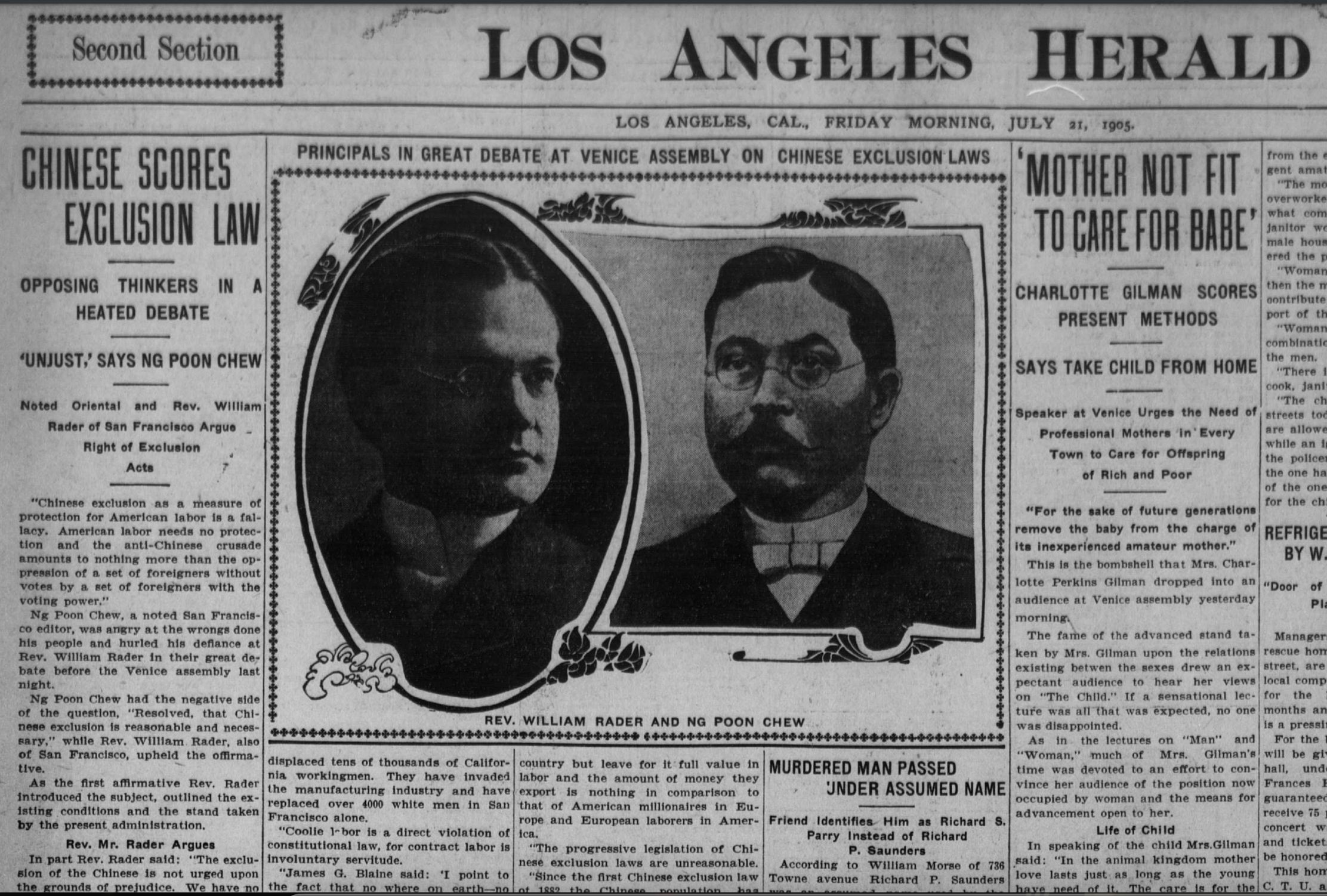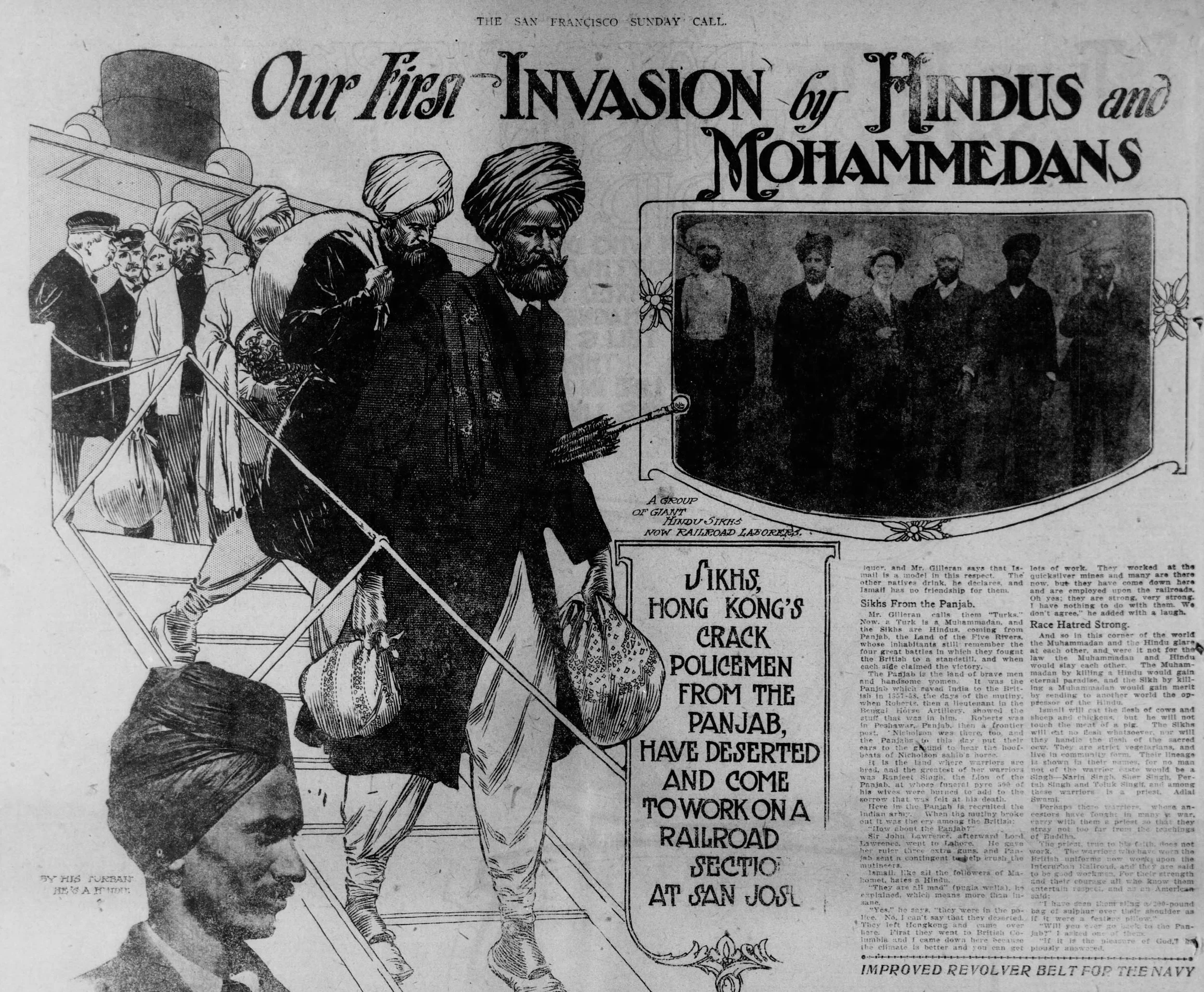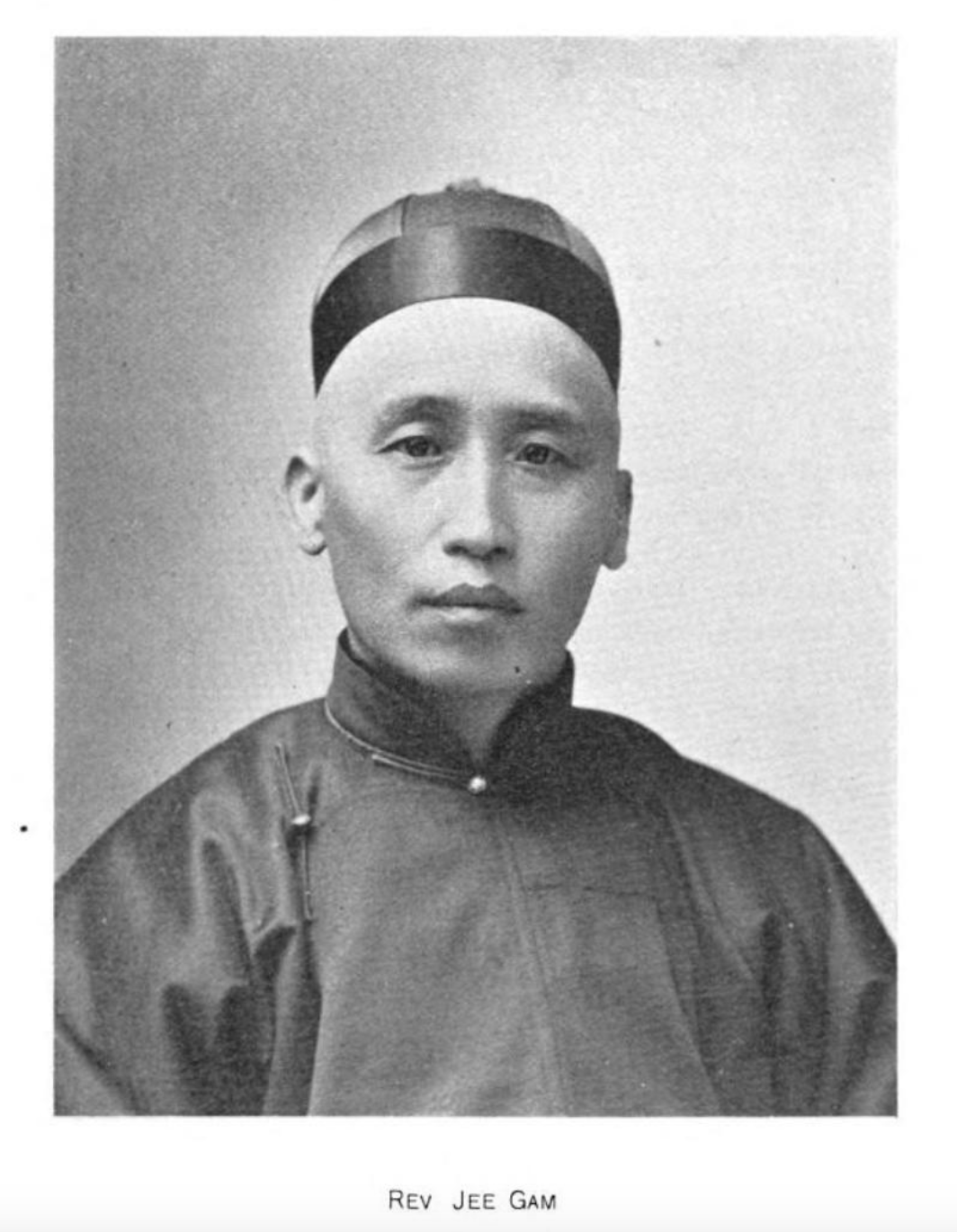DISSERTATION/first Book PROJECT
Sacred Borders, Divine Hierarchies:
American Liberal Protestants, US Immigration Policymaking,
and Un/making of the Asian Exclusion Era, 1875-1924
(Photo Credit: “A Statue for Our Harbor.”
George Frederick Keller for The Wasp. Nov. 11, 1881. Historical Society of Pennsylvania)
Immigration restriction in the United States did not begin with walls, quotas, or inspection stations. Borders are first drawn in imagination and belief—crafted through pulpits, popular literature, missionary tracts, and reform platforms, spaces where anxieties crystallize, moral vocabularies take shape, and visions of national belonging are crafted.
Sacred Borders, Divine Hierarchies excavates the overlooked yet decisive role of religious actors, rhetoric, and institutions- especially those from the liberal Protestant circle- in constructing the moral, ideological, and cultural foundations of America’s earliest and harshest immigration restrictions targeting Asian migrants between 1875 and 1924. Liberal Protestant missionaries, clergy, reformers, and intellectuals—often celebrated for humanitarian ideals—actively produced powerful narratives framing Asian immigration not merely as an economic challenge, but as an existential moral threat to America’s spiritual health and national character. Their efforts helped transform immigration restriction into a moral imperative, reshaping American conceptions of who deserved citizenship—and who could cross national borders.
Drawing on extensive archival research—including sermons, speeches, missionary writings, religious and secular periodicals, congressional records, and Asian/American writings—the first half of the project traces how localized anti-immigrant anxieties along the Atlantic and Pacific coasts merged into a unified national movement between the 1870s and 1890s. Departing from familiar immigration narratives that begin with Asian migrants' arrival as a beginning of the saga, this study starts earlier, examining Protestant missionary fields in China, India, and Siam. Here, missionaries, as self-appointed cultural authorities, crafted influential portrayals of Asian migrants—especially Chinese women—as morally suspect and sexually deviant long before substantial migration to the United States began. These racialized religious discourses circulated widely through religious and secular media, facilitating their seamless transition into American state governance. Then the project explores how initially fractured fears—California’s anxieties over Chinese women's supposed sexual peril (institutionalized in the 1875 Page Act), Boston’s genteel reformers invoking Christian virtue against “undesirable” migrants, and New York’s concerns about urban “vice” and “heathenism”—coalesced swiftly into a cohesive moral narrative. Central to this process was "moral policing," which allowed policymakers to justify exclusion as a defense of public morality and Christian virtue rather than overt racial prejudice. Here, particular attention is paid to the religious motivations fueling the emergence and expansion of influential anti-immigration groups like the Immigration Restriction League in Massachusetts and the Asiatic Exclusion League in California.
The second half of the dissertation follows liberal Protestant voices directly into national policy debates, especially their influence within the Dillingham Commission and on immigration laws enacted between 1917 and 1924. Politically engaged liberal Protestants saw the “Asiatic problem” as an opportunity to consolidate the cultural and political dominance of Protestant America. Through close analysis of public speeches, clergy writings, religious organizing, and political lobbying, the dissertation reveals how liberal Protestant reform agendas became closely aligned with anti-immigration rhetoric, racial science, and eugenics. Protestant moral vocabularies of purity, civic stewardship, and national apocalypse explicitly framed Asian/Americans as threats to the nation's physical, mental, and moral-spiritual health, providing immigration restriction with an ethical justification that rendered exclusion righteous, necessary, even benevolent. Yet these theological and racial boundaries were neither uncontested nor fully secure. Asian/American Protestants such as Ng Poon Chew and Jee Gam challenged exclusionist moral frameworks from within, employing Protestant theology to articulate powerful counter-narratives of universal belonging. Their interventions exposed the inherent contradictions in Protestant visions of moral purity and national identity, demonstrating that America’s borders have always been porous and continually renegotiated terrains.
Ultimately, Sacred Borders, Divine Hierarchies argues that U.S. immigration policy has never simply been a bureaucratic or legislative mechanism. Rather, immigration control is profoundly moral and cultural, continually defined and redefined through contested religious imaginaries, racial anxieties, and cultural narratives. By historicizing these moral struggles, my dissertation provides crucial insight into why America’s borders remain morally charged, culturally fraught, and perpetually re-contested through struggles over race, religion, and belonging.




